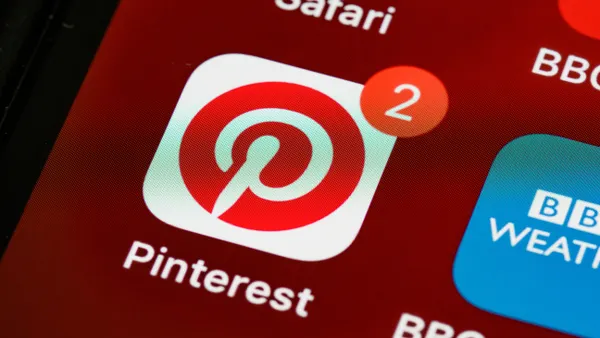Dive Brief:
-
Although 95% of brand and agency marketers use first- and third-party data to form their strategy, 64% do not completely understand the origins of their data sources, according to a study by Bazaarvoice and AdAge that was emailed to Retail Dive.
-
Confidence in data was also low, with more than 75% of survey respondents saying they weren’t fully confident that their data was reaching in-market consumers. Doubts linger about the timeliness of the data as well: 20% of agency respondents and 26% of brand marketers said they had no idea how often their data sources were refreshed, according to the study.
-
As far as first-party data was concerned, 28% of agency respondents said they were ‘somewhat’ or ‘not at all’ familiar with first-party data, despite 54% of the same group saying that ideally they would use first-party data in more than half of their campaigns. Those numbers change to 18% and 62% respectively for brand marketers, the study found.
Dive Insight:
While it’s no simple feat to create targeted and effective marketing campaigns, some of the results from Bazaarvoice and Ad Age reveal a shocking lack of trust and confidence that marketers have in their own efforts.
Although marketers seemed much more comfortable with third-party data — 91% of agencies and 82% of brand marketers use it and strong majorities of both reported that they were extremely or very familiar with it — there is a surprising lack of trust between marketers and their third-party partners.
Only 25% of agencies and 21% of brand marketers felt "very confident" that their partners delivered against key performance indicators (KPIs) and almost three quarters of both groups said they were only "somewhat confident" in the efficacy of their partners, according to the study.
"Buyers and marketers are lacking important information around the freshness of their data sources and reassurance that they are investing in targeting relevant, in-market consumers," the study stated. "As such, both groups, agency buyers and brand-side marketers, are looking to first-party data providers [to] step up and prove their worth through greater clarity and transparency."
That being said, first-party data is clearly preferred by the majority of marketers. According to Bazaarvoice and Ad Age, 61% of respondents think first-party data is extremely important to their overall strategy, compared to just 35% who think third-party data is.
This reflects other findings in the field, which show that marketers recognize the importance of customer data but aren’t quite comfortable with using it yet. Even though 86% of CMOs want to invest in AI, for example, only 22% of them feel skilled at emotionally engaging customers through personalized content — a big problem considering that consumers, millennials especially, look for emotional connections when purchasing.
In addition, although customers increasingly expect personalized shopping experiences, most shoppers don’t want to give up customer data. Less than 50% of consumers are willing to share their personal data with a retailer. So, even though businesses could increase their revenues by 6% by investing in personalization-related upgrades, customers may not be willing to help them out.
According to Bazaarvoice and Ad Age, that doesn’t mean it’s the end of customer data for marketers, just that marketers will be more careful in the future. "Buyers and marketers are increasingly investing in data partnerships and understand their value, but are looking for ways to separate the wheat from the chaff — that is, surfacing and partnering with only the most transparent and effective data partners," the study stated.















